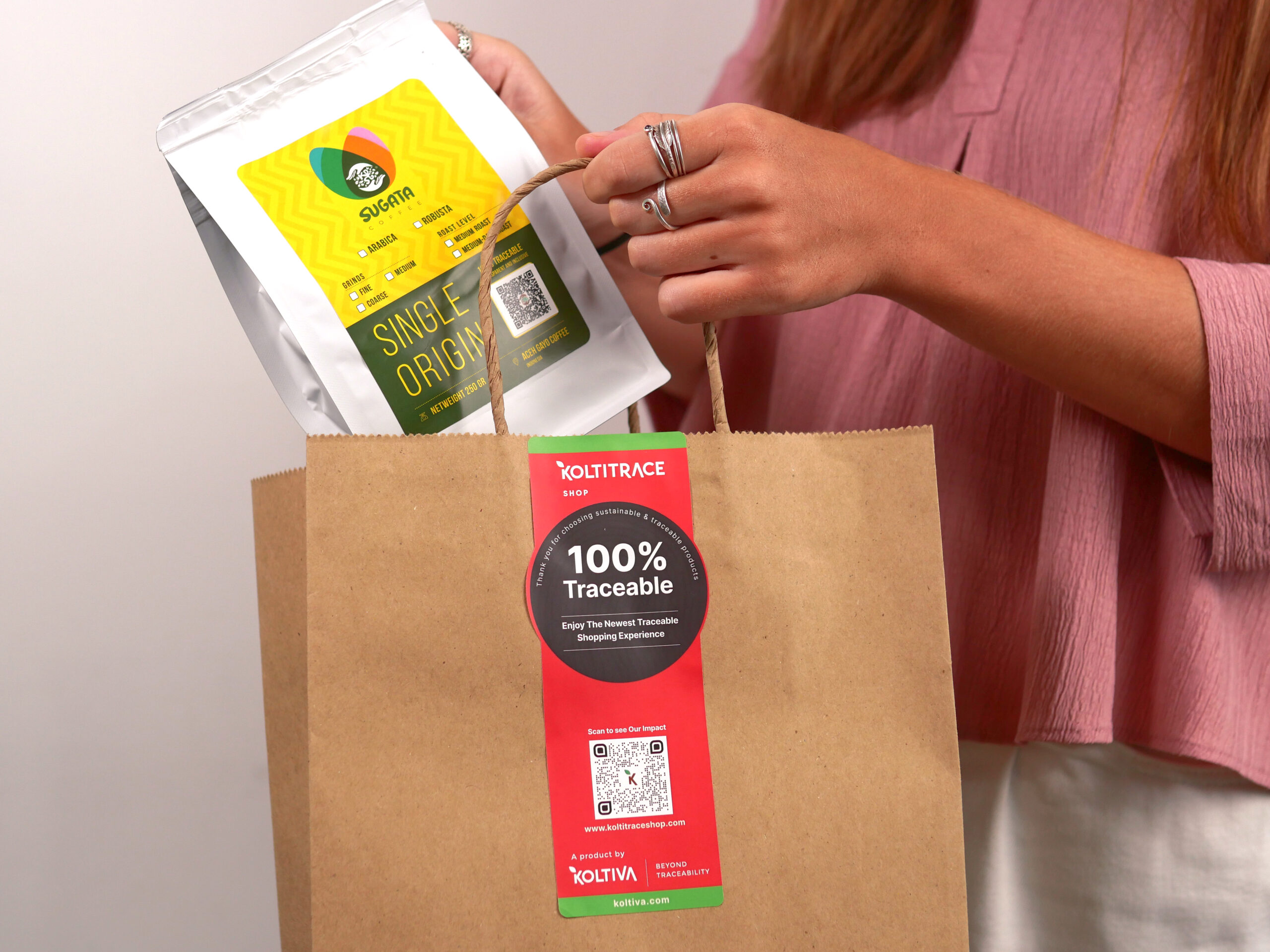2 May 2024
4 min
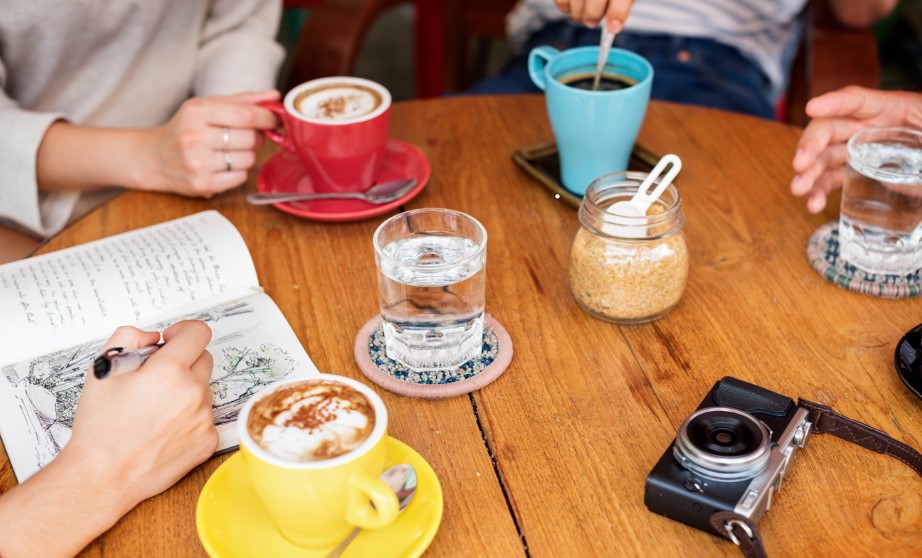
The transition of sustainable coffee from a traditional beverage to a global cultural phenomenon has influenced multiple facets of society, including pop culture. This evolution mirrors larger changes in lifestyle, consumption patterns, and environmental consciousness. It is evident in the increasing emphasis on sustainability within the coffee sector and consumers’ inclination towards eco-friendly practices and fair-trade initiatives. However, amidst this transformation, an intriguing question emerges: When did this trend in the coffee industry initially emerge?
Evolution of Coffee Consumption and Sustainability
Coffee’s history spans from its origins in 15th-century Yemeni monasteries to its global prominence today. It spreads across continents, fueling social gatherings and intellectual circles. Coffee houses emerged, dubbed ‘penny universities’, while espresso machines revolutionized consumption in the 19th century. Coffee chains brought it to the mainstream in the 20th century, and today, it continues to evolve with innovative brewing techniques and diverse consumer preferences. (Era of We, 2023)
Baby Boomers with The Traditional Style
Then, there’s Baby Boomers, born between 1946 and 1964, have a deep-rooted preference for traditional coffee styles, especially espresso-based drinks. Raised with percolator pots and witnessing the emergence of coffee chains, they favor classic beverages like espressos, cappuccinos, and lattes. Social contexts heavily shape Baby Boomers’ coffee habits, often using it as a means to connect with others and share experiences. They associate coffee with social occasions, finding coffee shops as inviting spaces to engage with loved ones or enjoy moments alone. Influenced by societal portrayals of coffee as a symbol of sophistication, Boomers gravitate towards traditional styles. Despite its social appeal, they also cherish the personal ritual and comfort coffee brings to their daily lives (Era of We, 2023).
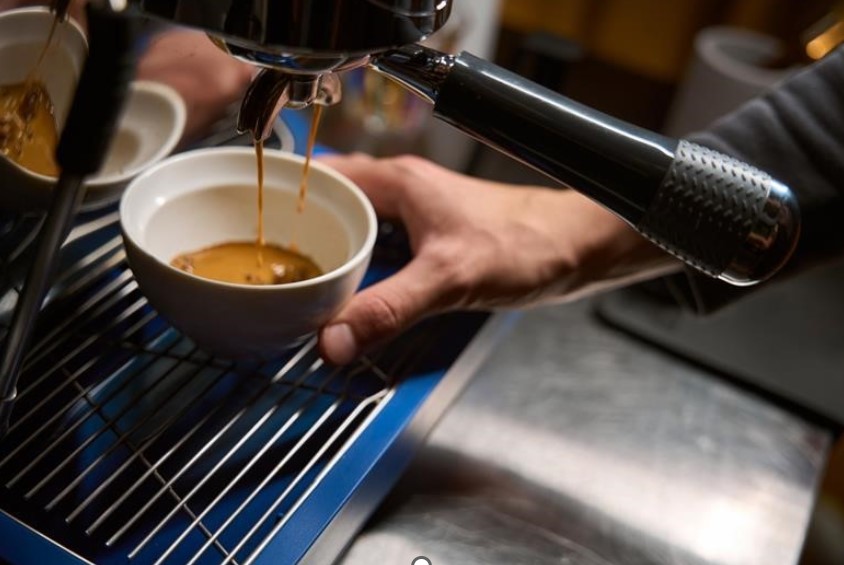
Generation X fused tradition with adventure
Generation X, born between 1965 and 1980, have witnessed notable shifts in the coffee landscape, shaping their diverse preferences. While they still enjoy classic espresso and drip coffee, they are also receptive to newer options such as iced coffees, cold brews, and specialty lattes. The proliferation of social media platforms like facebook, twitter, and instagram has significantly impacted their coffee exploration, providing access to extensive coffee knowledge, influencing their choices through reviews and ratings, and emphasizing the importance of aesthetics in coffee presentation. They tend to be interested in single-origin coffees, artisan roasts, and sustainably sourced beans which reflects a growing appreciation for quality and origin. This trend shows that generation X serves as a bridge between the traditional tastes of Baby Boomers and the adventurous preferences of younger generations. (Era of We, 2023)
Millennials drive sustainable coffee movement
Millenials born between 1981 and 1996, have adventurous coffee preferences influenced by their embrace of specialty blends. They enjoy exploring unique flavors, alternative brewing methods, and artisanal roasts while valuing the coffee shop experience and appreciating barista skills. Sustainability is also a priority, with a focus on fair-trade and organic options. Even in this era, the concept of “sustainable coffee” has become prominent, emerging in a 1999 report that highlighted organic and fair-trade practices (The Consumer’s Choice Council, 1999). To promote awareness regarding this issue, social media platforms like Instagram and YouTube have played a significant role in engaging millennials in sustainability discussions, facilitating advocacy and education within the industry. (Era of We, 2023)
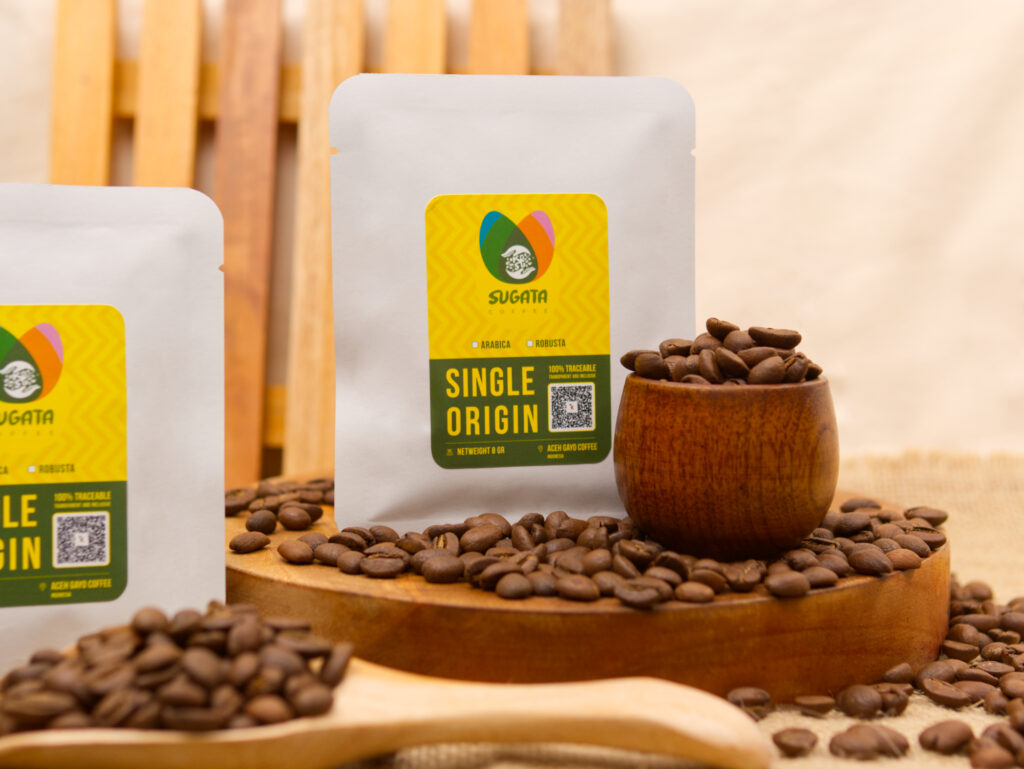
Tech-Savvy Gen Z Craft Sustainable Coffee Culture with Technology
The influence of technology on coffee culture doesn’t end there. Technology plays a central role in shaping Generation Z’s coffee culture, as they are digital natives. They utilize technology for exploration, learning, sharing coffee experiences, and connecting with fellow enthusiasts. Social media platforms like Instagram and TikTok are vital in this culture, offering inspiration, trend discovery, and showcasing innovative brewing methods. For example, the Dalgona coffee craze on TikTok illustrates how Gen Z uses social media to explore new coffee experiences. Furthermore, technology aids Gen Z’s commitment to sustainable coffee consumption, enabling them to research brands’ sustainability practices and advocate for ethical and environmental causes in the coffee industry. In other words, utilizing the platform makes it easy for them to locate coffee with traceable origins. (Era of We, 2023)
Why traceable coffee important?
Traceable coffee allows consumers to know its origin and production conditions, leading to informed decisions and appreciation for its unique qualities. It also promotes sustainability by ensuring fair compensation for farmers. For instance, some companies let the consumer to contribute directly to producer by providing tip for producer feature. Besides, quality control is enhanced, resulting in better-tasting and consistent coffee while preventing unethical practices like child labor and exploitation. (NC Vision, 2021)
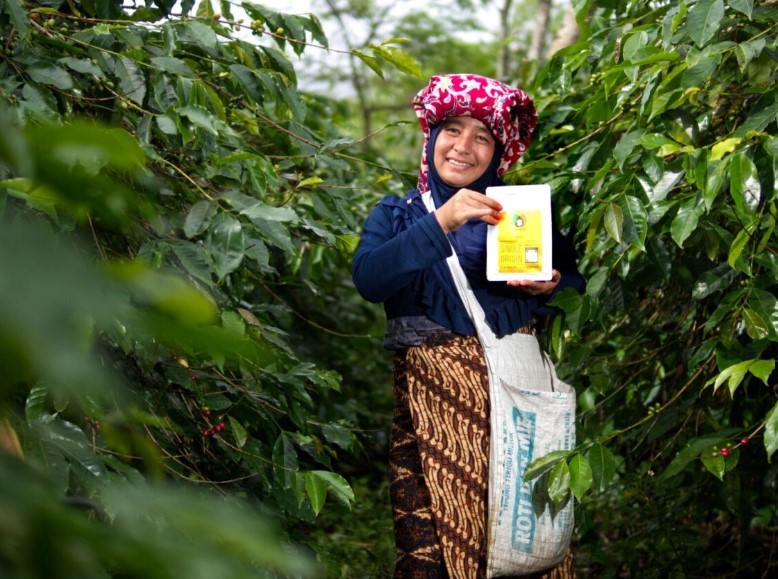
Sugata Coffee, found at KoltiTrace Shop, provides traceable selections, ensuring transparency throughout the supply chain. Sugata coffee, particularly Arabica Gayo with Ateng Super & Timtim varieties, is renowned for its distinctive flavor profile, featuring dark chocolate, spices, and earthy undertones. Bright fruity notes like berries, cherries, and citrus are often identified in Gayo coffee, along with a delicate aroma of jasmine, rose, and lavender. Known for its natural sweetness, Gayo coffee also exhibits earthy tones such as chocolate, nuts, and spices, adding depth and complexity to its flavor. Traditional farming methods and wet-hulling processing contribute to the unique quality and character of Gayo coffee, making it not only delicious but also positively impacting local communities.
Go get your traceable coffee and other sustainable products at Kolti Trace Shop. Explore it now! https://koltitraceshop.com/

